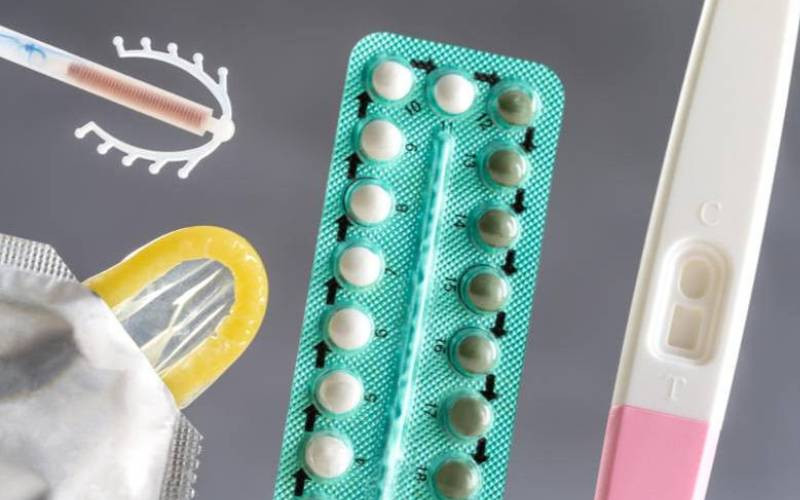Kenya is set to introduce a new long-term contraceptive option designed to last up to eight years, providing women with an affordable and convenient method of family planning. The hormonal intrauterine device (IUD) will be rolled out later this year as part of a wider initiative to improve access to reproductive health solutions in underserved communities.
The device works by being inserted into the uterus, where it steadily releases progestin a synthetic hormone that thickens cervical mucus, making it difficult for sperm to reach and fertilise an egg. This method offers a discreet, low-maintenance, and long-lasting alternative for women seeking effective birth control without frequent medical visits.
The launch in Kenya forms part of a broader global program that also targets Nigeria and potentially India. This initiative is backed by a Sh324 billion ($2.5 billion) commitment dedicated to advancing women’s health research, improving maternal health outcomes, and reducing preventable deaths among mothers and newborns. The funding supports the development of user-centered, cost-effective health solutions tailored to the specific needs of women, particularly in low-resource settings.
In addition to the hormonal IUD, the program will expand access to the self-injectable contraceptive DMPA-SC across at least 35 countries. This list includes several African nations such as Uganda, Senegal, Malawi, Nigeria, Zambia, and the Democratic Republic of Congo. The injectable contraceptive offers women the flexibility of administering it themselves, empowering them with greater control over their reproductive health.
Women’s health challenges remain significant despite advancements in medicine and technology. Globally, women live longer than men but spend a greater portion of their lives about a quarter in poor health. This disparity is often driven by conditions that are either under-researched or inadequately addressed within health systems. By centering women’s needs in its research agenda, this initiative aims to close that gap, ensuring solutions are both scientifically advanced and accessible.
The new eight-year hormonal IUD is one of five major innovations in women’s health being supported under this multi-billion shilling program. If successful, it could transform contraceptive access in Kenya by offering a longer-lasting, affordable, and more user-friendly option ultimately empowering more women to make informed choices about their reproductive health and future.

